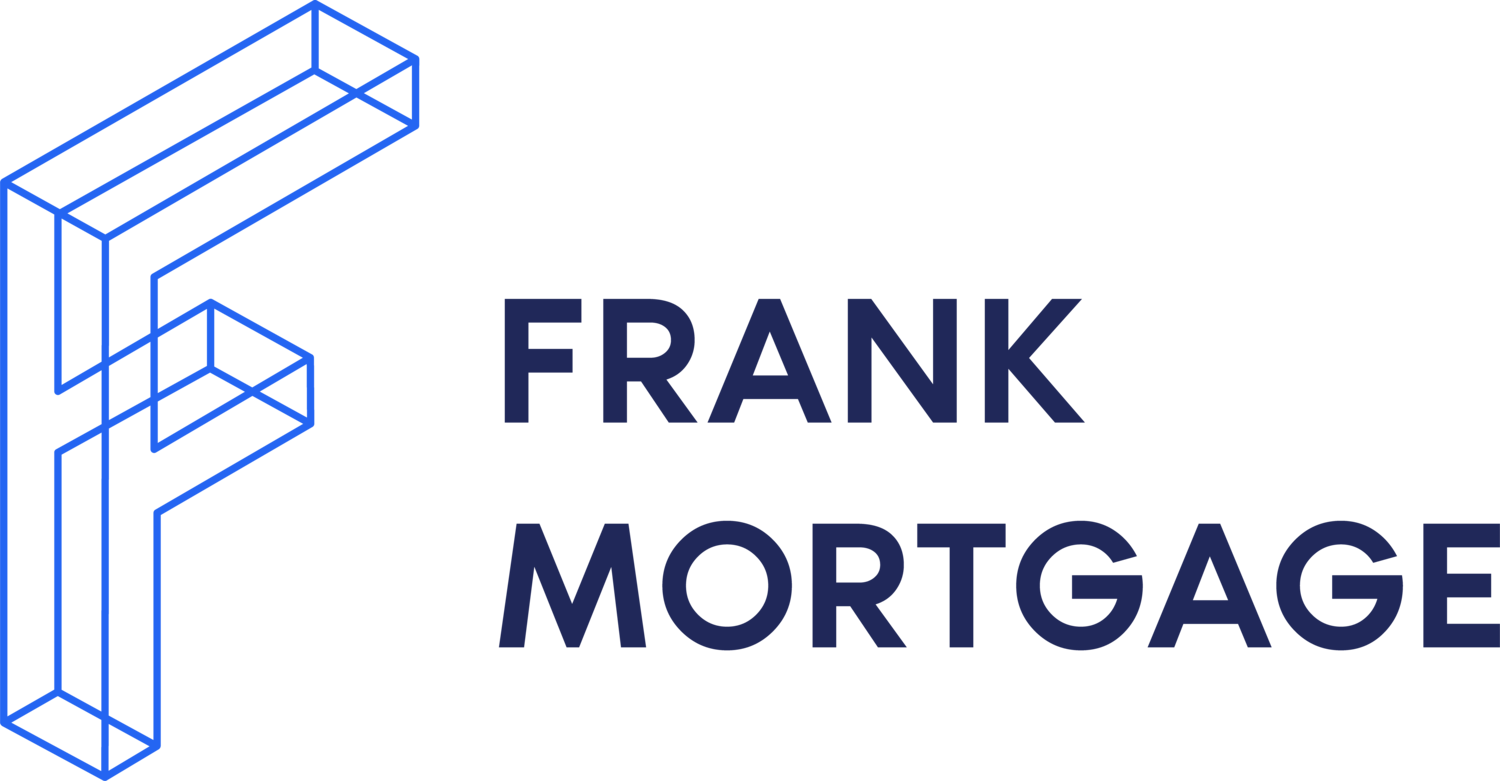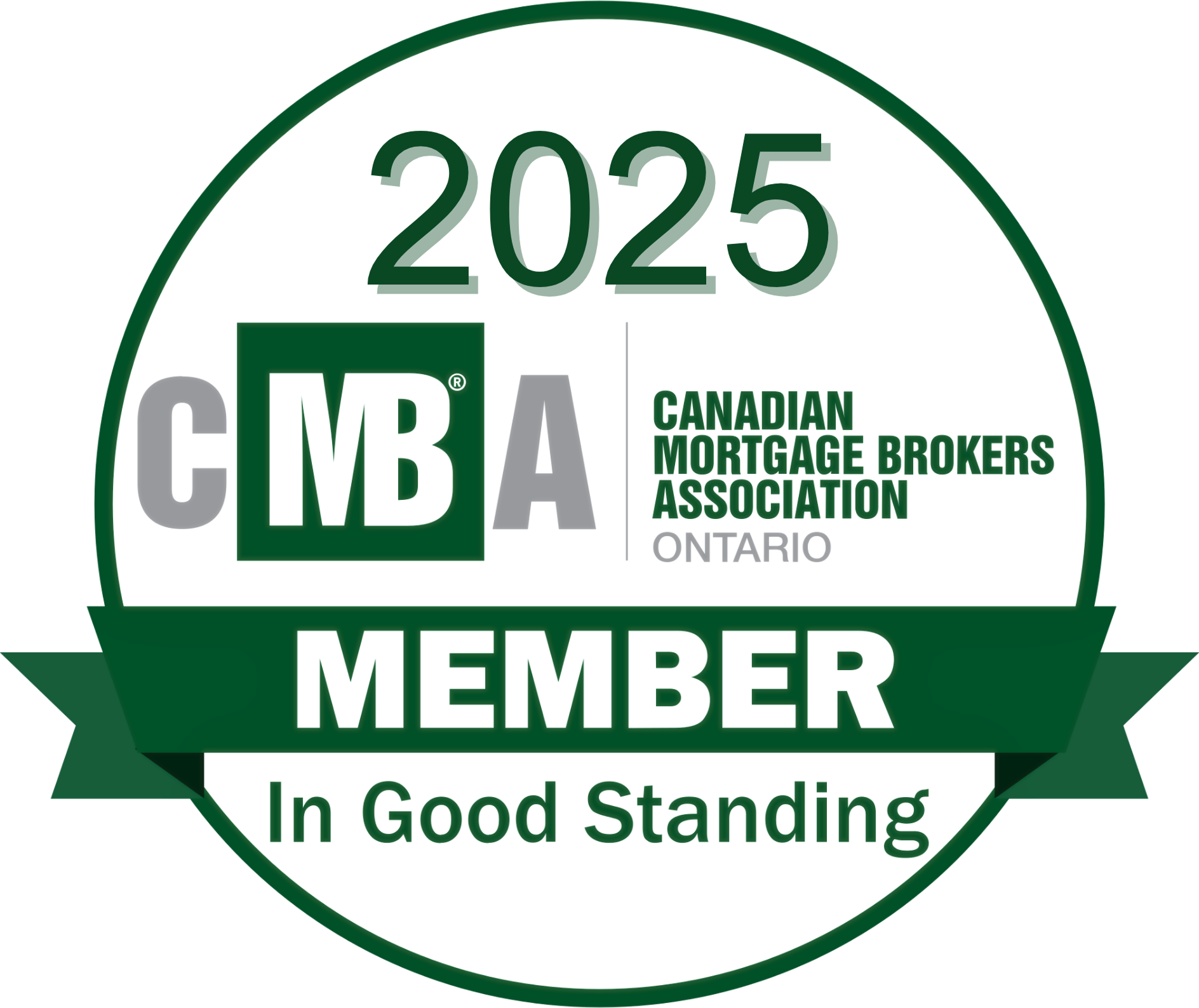Debt Consolidation in Canada: How to Use Home Equity to Pay Off High-Interest Debt (and Save $Thousands)
If you are a Canadian homeowner with equity in your home but high-interest debt piling up, such as credit cards at 19.99%, a line of credit at 9.5%, or a car loan at 7%, you are not alone. According to Equifax, the average Canadian household now carries about $25,000 in non-mortgage debt. But there is a smarter way to manage your cost of servicing this debt. Refinancing your home equity to consolidate debt at today’s lower rates can save you serious money.
Even if your mortgage is not up for renewal, breaking early and paying a prepayment penalty can still save you thousands. With mortgage rates now low again, in the 3.8 to 4.2% range (vs. 5.5 to 6%+ just two years ago), the savings can be material. Alternatively, if you do not want to pay to break your current mortgage you could get a second mortgage. The rate on the second mortgage would be higher than the rate on your first mortgage, but it would be lower than some other debts and provide lower payments due to the longer mortgage amortization.

Why Refinance to Consolidate Debt?
1. Lower Interest Rates = Big Savings
Your mortgage rate is likely 5% to 15% lower than the rate on your other high-interest debts. By rolling them into your mortgage, you only have payments on one low-rate mortgage instead of multiple high-rate debts.
2. One Simple Monthly Payment
Managing multiple payments can be a pain. Stop juggling due dates. One mortgage payment amounts to less stress, less administrative burden, and fewer late fees due to missed payments.
3. Improve Cash Flow & Credit Score
The lower overall monthly payment frees up cash that you can divert to other useful purposes. In addition, paying off revolving debt such as credit cards boosts your credit score fast.
Debt Consolidation Savings for Canadian Homeowners
We frequently receive debt consolidation inquiries from customers in Ontario, BC, Alberta, and across Canada. With today’s lower mortgage rates, it is a timely topic. Let’s look at a couple examples of how to realize significant savings from debt consolidation.
1. Simon Refinances His Mortgage
Simon has a $400,000 first mortgage on his house. It is a five-year mortgage at a rate of 5.29% that he took out in September 2023. He also has a $20,000 credit card balance (at 19.99% interest) and a $25,000 car loan (at 9% interest). He decides to refinance his mortgage to pay off the credit card and auto loan.
Since Simon is refinancing prior to his maturity he will be charged a prepayment penalty. His current lender calculates this penalty to be $7,500. This penalty amount will be added to the mortgage balance on his new
mortgage, so he does not have to pay it out of his own cash today. Simon’s gets a new five-year, fixed rate mortgage for $455,000 at a current rate of 4.09%. This is enough to pay down the other debts, cover the prepayment penalty and cover the costs of closing the new mortgage.
Here is how the math works out in Simon’s favour:
| Current Situation | After Debt Cosolidation | |
|---|---|---|
| 1st Mortage Payment | $2,393 | $2,415 |
| Credit Card Payment | $1,200 | $0 |
| Car Loan Payment | $590 | $0 |
| Total Payments | $4,183 | $2,415 |
Simon’s monthly savings are $1,768. This is a material sum and eases his debt burden. Over the first year alone he will have over $21,000 to spend elsewhere or save for the future.
Refinancing at a lower rate benefits Simon on its own since he now has a mortgage at a lower rate, but he also greatly frees up cash flow by consolidating his debts. Yes, having to cover a prepayment penalty is onerous but now that rates are materially lower than two years ago, the math makes sense, and the savings are real.
2. Priya Takes Out a Second Mortgage
An alternative to refinancing that can also produce debt consolidation benefits would be to take out a second mortgage.
Priya also has a mortgage for $400,000 on her home at the same 5.29% rate as Simon. Let's also assume she has the same current debts as Simon. To pay off her debts she takes out a second mortgage for $50,000 (at 9.59% interest) and pays off her credit card and car loan and also pays for the fees to get the second mortgage (these fees can range between 2 % and 5%). Priya saves $1,400+/month.
Here is how the math works in Priya’s favour:
| Current Situation | After Debt Cosolidation | |
|---|---|---|
| 1st Mortage Payment | $2,393 | $2,393 |
| Credit Card Payment | $1,200 | $0 |
| Car Loan Payment | $590 | $0 |
| New 2nd Mortgage Payment | N/A | $434 |
| Total Payments | $4,183 | $2,827 |
The second mortgage rate is higher than the rate she would get on a refinanced first mortgage, but it saves her the prepayment penalty and allows her to pay off her current higher cost debts.
Priya’s monthly savings are $1,356. This is a material sum and eases her debt burden. Over the first year alone she will have over $16,000 to spend elsewhere or save for the future.
Key Steps to Consolidate Your Debts
1. First, consult with an expert – an experienced mortgage broker who can help you understand the different options, the rates available and the potential costs.
2. Once you have decided how to proceed, provide the required documents to the mortgage broker and complete a mortgage application.
3. The broker will arrange for an appraisal on your home. This is key because for a refinancing you could be eligible for a maximum mortgage amount of 80% of that appraised value. For a second mortgage, depending on the lender, the mortgage amount would be capped at between 65% and 80% of the appraised value.
4. Get approved for your new mortgage.
5. On closing of the mortgage, the closing agent will arrange for your current debts to be paid out in full.
6. Enjoy your new low payment and the extra free monthly cash flow!
Some Pro Tips to Maximize Savings
Should you wait until renewal to refinance your mortgage? If your mortgage is relatively new that could be a long wait. Run the numbers with your mortgage broker to see if the savings exceed the prepayment penalty and costs. Arm yourself with this math to make the best decision.
The ability to pay down debt should be taken as an opportunity to adjust your spending habits. Avoid lifestyle creep and use the savings to manage your savings and finances rather than increase your regular spending.
Is Debt Consolidation Right for You?
The answer might be
YES
if you:
Have more than $10,000+ in high-interest debt.
Own a home with home equity saved up.
Can handle one slightly higher mortgage payment.
Want lower stress and faster debt freedom.
The answer might be
NO
if you:
Will just rack up new debt.
Have little equity saved in your home.
The savings don’t offset the costs, such as prepayment penalties.
You can’t afford the new payment.
Are You Ready to Save $Thousands?
At Frank Mortgage, we can run a free debt consolidation review for you. No obligation on your part.
Please call us at , DM @FrankmortgageCA or visit frankmortgage.com for your free analysis.
Take control. Consolidate Debt. Save.
About The Author

Don Scott
Don Scott is the founder of a challenger mortgage brokerage that is focused on improving access to mortgages. We can eliminate traditional biases and market restrictions through the use of technology to deliver a mortgage experience focused on the customer. Frankly, getting a mortgage doesn't have to be stressful.
Related Posts






